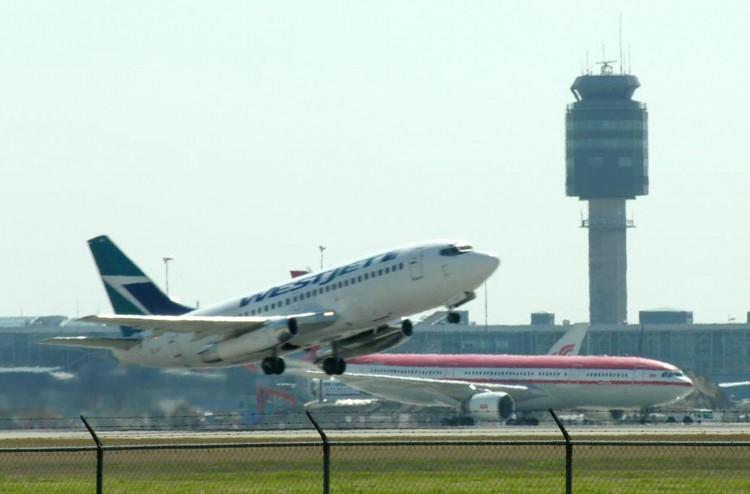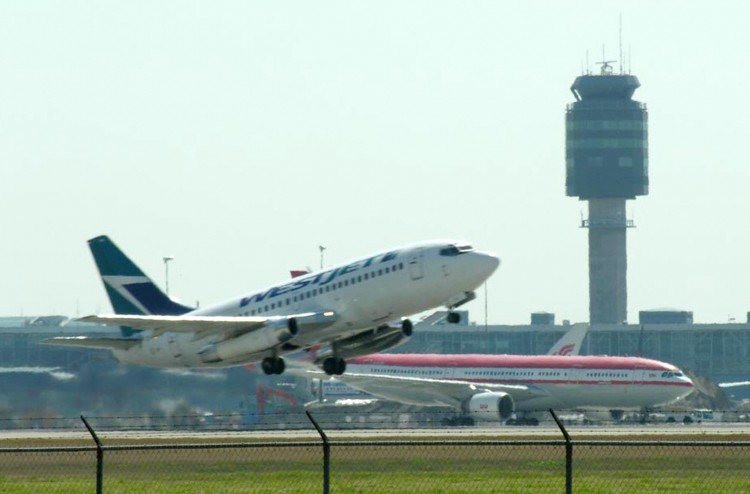VICTORIA—One of the goodies in B.C.’s recent budget was the elimination of the provincial aviation fuel tax on international flights, effective April 1.
The move has been welcomed both by airline carriers and the Canadian Airport Council (CAC), which said it will stimulate international air capacity and give travellers more choice.
“B.C.’s move recognizes the importance of Canada’s tourism sector to the Canadian economy, the role of aviation for Canada’s inbound tourism, and the stimulatory effect of reducing the fiscal burden on our interconnected sectors,” said CAC vice chair Tom Ruth.
According to a B.C. government press release, the elimination of the tax will save airlines $12 million in 2012/2013 and increase flights, giving the province greater trade access to foreign markets and increasing its competitiveness.
The CAC, which represents more than 200 airports, said Canada’s ranking as a destination for international tourists has fallen from 8th place in 2000 to 15th place in 2009.
In that time, the tax burden on aviation in Canada has gradually increased and the World Economic Forum now ranks Canada’s travel sector 106th in terms of price competitiveness.
In addition to federal airport rent, the federal burden includes the Air Travellers Security Charge, and the Goods and Services Tax/Harmonized Services Tax. There is a provincial fuel tax still in place in Ontario and many airports also pay municipal payments in lieu of tax.
In order to bolster the tourism industry and help position Canada to take advantage of tourism growth opportunities, the federal government launched the Federal Tourism Strategy in October 2011.







